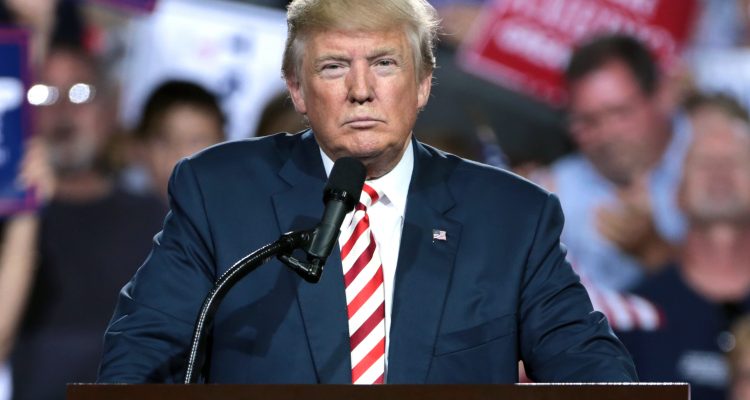It is undeniable that the Trump administration has been marred by controversy almost since its conception, largely due to contention over the president. Despite this, the White House staff has mostly seemed to back up the commander-in-chief’s decisions — until the September 5 New York Times editorial, “I Am Part of the Resistance Inside the Trump Administration.” This editorial challenges this view, describing circumstances more akin to mutiny aboard a ship. Written by an anonymous senior level official, the article is a rather scathing discussion of the actions of several unnamed staffers working to thwart President Trump’s more radical ideas from the inside. Political inclinations notwithstanding, this op-ed brings up serious questions involving loyalty, honor and the nature of disclosure. Is it appropriate for an aide to publicly announce their attempts to undermine the agenda of their superior?
When it comes to the revelatory nature of the article, it is important to note the importance placed on expressing one’s opinion in our society. In this way, the editorial truly fulfills this purpose. We have a Constitutional right to free speech, so the author is within his or her rights to state their feelings. However, there are many things that make this more complicated, such as the anonymity of the author. While the Times states that the source’s, “…job would be jeopardized…” if their name was divulged, it makes the playing ground uneven. The president is unable to effectively combat the accusations made, because he does not know the accuser. From an ideological standpoint, having convictions means that you stand by them, whether or not it makes enemies for you, or else you are just blowing smoke.
Another controversial point is the position of the author as a senior White House official. With this job description comes a certain type of decorum. Whether or not the official agrees with every decision that the president makes, it is important that they bring up their concerns to him. By airing their disagreements for the world to see they are not upholding the tenets of their position, instead they are stabbing the superior who hired them in the back and acting as a double agent nobody hired. When it comes to the extremely negative tone that the author takes, especially in regards to political civility, the mark is seriously missed. Didn’t a very famous woman once say, “When they go low, we go high?”
At the end of the day, the real question is why the author would produce this op-ed. If they are working so diligently and secretively to stop the power-hungry tendencies of the president, then wouldn’t it be better to not draw any attention to their cause? The only answer I can come up with is pride. Rather than working at the cause to do the right thing, they are looking for recognition and successfully making their own lives more difficult as a result. Upon a close examination of what is being argued, I can’t help but notice that more overtures are made toward the moral fiber of the senior staff than of the bad decisions the president has made. To me, this is more symbolic of a person who wants to distance their group from a seemingly deranged leader than a whistleblower who desires to alert the country of actual problems. Whatever good deed could have come from this article is smothered by the overwhelming cologne known as self-interest and no amount of airing out can rid it of the stench.


Leave a Reply